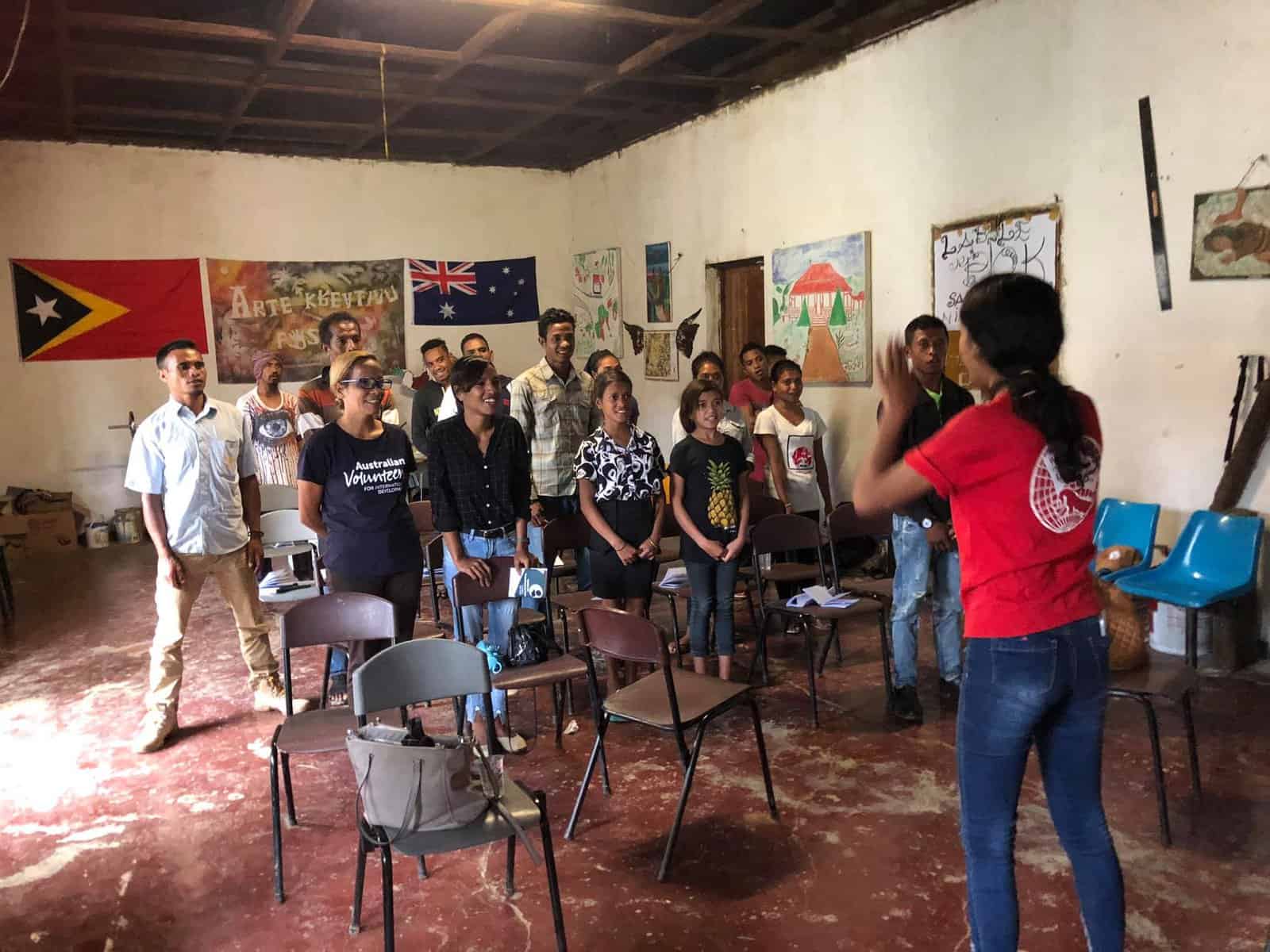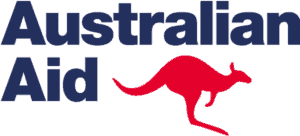Women Workers Training to Defend their Rights in Timor Leste
The Working Women’s Centre Timor Leste (WWCTL) is building the collective power of women in Timor Leste through a new community outreach program that shares knowledge of workplace rights with vulnerable women workers. The WWCTL is highly regarded by both civil society and the Timorese government for its tireless work on improving the conditions of informal domestic workers across Timor Leste.
The Working Women’s Centre is broadening its scope of work to undertake research into working conditions for other vulnerable women workers, including street vendors and waste pickers. In addition, a working women’s telephone hotline was launched last year, giving hundreds of women access to advice on their working conditions, wages, and rights.

Women workers defending their rights by sharing knowledge and skills
The Working Women’s Centre has developed a package of outreach training on workplace rights, travelling to Timor Leste’s districts to talk to women workers face-to-face. In their outreach meetings, the WWTCL organisers distribute a workers’ rights handbook to help socialise the employment rights of working women across Timor Leste, particularly those in vulnerable working environments.
“The outcome we want to achieve is that community leaders, informal women workers, vulnerable women, and domestic workers can increase their knowledge about their rights with appropriate support”
– Ricar Pascoela – Director WWCTL
Making workers’ rights a reality in Timor Leste
Despite the fact that the Labour Code of Timor Leste was ratified by the Timorese Government in 2010, there is still a very low understanding of legislated workplace rights among Timorese workers, particularly in relation to workplace health and safety and freedom from discrimination. The training aims to bridge this gap between workplace law and workplace practice, and it also covers child protection, including child labour laws.
Small group workshops delivered on the ground allow women to attend without the cost of travel. In the workshops they are also able to raise collective concerns affecting workers in their district.

Building the power of more women workers in Timor Leste
The Working Women’s Centre began outreach training in August 2019 to workers living in suburban districts of Dili. Recognition of the WWCTL’s advocacy work has since led to the Government of Timor Leste funding an extension of the outreach training program to the districts of Bobonaro, Covalima, Aileu and Oecusse into 2020.
Since 2019, with the support of the heads of villages, local NGOs, and unions, the Working Women’s Centre has successfully delivered over twenty workplace rights workshops in the districts of Ainaro, Bobonaro, Ermera, Oecusse and Dili with plans to extend this training to several other districts over the next few months.
Although the workshops are promoted specifically to women workers, they are open to male workers as well, and as the WWCTL telephone hotline on worker rights demonstrates, the sharing of workplace rights information can benefit whole communities.
Securing legal protection for domestic workers
The Working Women’s Centre is looking forward to achieving its main goal this year of finally seeing the Special Law for Domestic Workers ratified by the Timorese Government, enshrining safe and fair working conditions for women workers.
This law was drafted in 2017, but the bill is still before the Timor Leste Parliament awaiting promulgation. The delay has been frustrated by an unstable political environment after the government was unable to pass its budget in January.
The next big step forward is the exciting goal of consolidating a Working Women’s Union in Timor Leste. Watch this space!
Union Aid Abroad supports the Working Women’s Centre of Timor Leste in partnership with the Australian Government through the Australian NGO Cooperation Program (ANCP).
Women's Solidarity Across Borders
In Timor Leste, women workers are organising to build their collective power at work. By becoming a member of Union Aid Abroad – APHEDA, you will be contributing towards campaigns like theirs that give women the knowledge, skills, and power to defend their rights.

